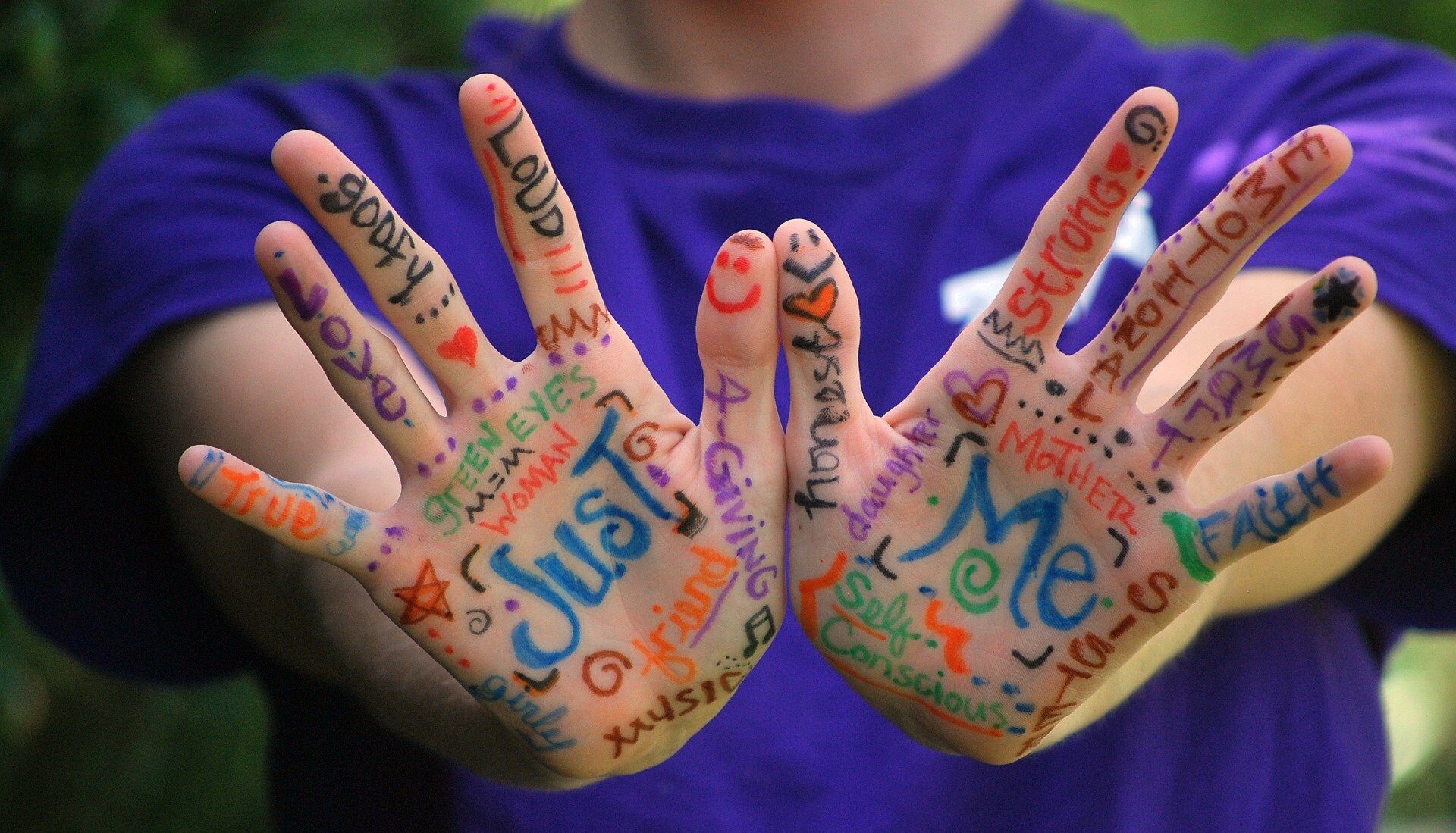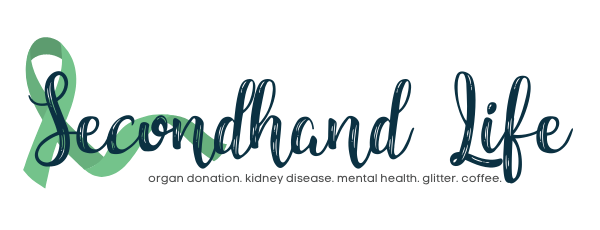
Out of all the health-related incidents and circumstances I have experienced in my life, I have chosen exactly none of them.
I’ve had no say over when I became ill, what my diagnosis was, or what I’ve experienced as a result. Admittedly I have chosen some of the ways I’ve responded to what’s happened to me, and I hope that I’ve managed to be mostly positive in the process, but far more importantly, I’m simply very lucky.
Early last week I watched Emily Maitlis, a BBC newsreader, commenting on Boris Johnson’s recovery from coronavirus. She criticised remarks Matt Hancock made the day before that the reason behind Johnson’s good recovery was the fact “he is a fighter”. This instantly struck a chord with me, because language really matters.
If somebody can survive something like coronavirus, which currently has no vaccine or treatment simply through being “a fighter”, what does that say about those who don’t survive? Grandparents, young children, well-known public figures, even NHS staff, all dying simply because they lacked the fortitude to try just that little bit harder to recover? If only they’d made more of an effort, their outcome could have been so different. Really!?
So how does this translate to me? Sitting here in my little shielded bubble I realise that I recognise some of that language. The same very loaded terms have often been applied to me and my experiences.
“You’re so brave! I could never cope with what you have to!” “Well, I don’t have much choice do I!? I’d be dead otherwise!?”
“You’re so inspirational!” “Ok? How, exactly?”
I hate it. It’s trite and frustrating and sometimes just a bit judgemental. I don’t feel any braver than the next person. I’m certainly not a warrior and I wouldn’t describe my experience as having led me on any sort of “journey”. It’s just how my life has turned out, and my “coping toolbox” needs far more than courage, strength of character and gumption. If they were all that was necessary nobody would ever struggle.
In the real world, practical support and sheer good luck go a very long way to influencing how well I can deal with what happens to me. What’s helped me the most is a combination of both those things, plus the realisation that the only choice I have is to do my best. Most days I’m ok but there are still times I desperately wish I wasn’t sick. It would be amazing to go through life making plans without having to factor in “But what if my transplant fails before then? What if I’m too sick?” All the courage in the world doesn’t help on those days.
At heart, I’m still just me; the same self I’ve always been. It’s not like my illness has somehow magically transformed me from normal into extraordinary. It might have forced me to become more confident, stubborn and assertive, but it hasn’t made me superhuman. If somebody looks at me and what I’m lucky enough to be able to do with my life and accredits that solely to courage, what are they then saying about other patients who, for whatever reason, aren’t able to do what I can? Is it really just a matter of pulling their socks up, picking up their sword, and charging into battle against their illness, their victory assured if they just fight hard enough? When you think about it, bravery soon sounds less like a compliment and more like an expectation.

5 Comment
I know exactly how you feel. I am not brave etc, I just happen to be still alive. Pancreas and kidney tranplant plus assortment of other diabilities and illnesses but alive!!!
Thank you so much for this. I have always had issue with being called a “warrior”. I haven’t had a transplant yet but will probably need and and hope to get. Because I feel good I almost feel guilty. I can’t even tell most people that I have a chronic disease, I’m even having trouble writing it. Then what? I’m brave ? No I’m not just stuck with having to deal with this. So thank you again for putting into words what I’m sure so many of us feel. I wish I could re post but you know….I’d be called a warrior and I’m not!
I have been putting off reading this blog as I just knew how it would be. I read your blogs because they pop up on the Kidney groups I’m a member of. But this attitude resonates with me because my 19 year old son died of cancer many years ago. He was a soldier in the British Army and as fit as a 19 year old can be. And so I heard “he’s strong, he’ll pull through” so many times I wanted to block my ears up. I saw how strong he was, and I saw how strong he had to be to leave everything behind him and allow himself to die. I cannot tell you the hurt I feel when I hear of people recovering from illnesses because “they are strong”. I’m over the moon for everyone who survives, but I’ll never wonder whether my son didn’t survive because he wasn’t strong enough. It’s very hurtful and thank you for highlighting the issue. I’m currently waiting for a Kidney but not yet on dialysis. I just wake up every day and do what I do. Like you, and everyone else, we have no choice and I don’t feel brave.
I’ve also had this feeling. I’ve literally heard other transplantees comment on someone who passed having “given up” and it broke my heart the judgement in that comment. Thank you for sharig
this was really helpful to hear this written down. thank you.
Comments are closed.